The House is expected to begin voting on the bill Wednesday afternoon, with the first procedural vote scheduled for as early as 4 p.m.
Others are reading now
The Senate has passed a bipartisan funding bill aimed at ending the longest government shutdown in U.S. history.
The deal, crafted by centrist Democrats and Republicans, now heads to the House, where political wrangling continues. While Democrats didn’t get their demand for extended Affordable Care Act subsidies, eight members of their caucus crossed the aisle to advance the package.
What the Senate deal includes
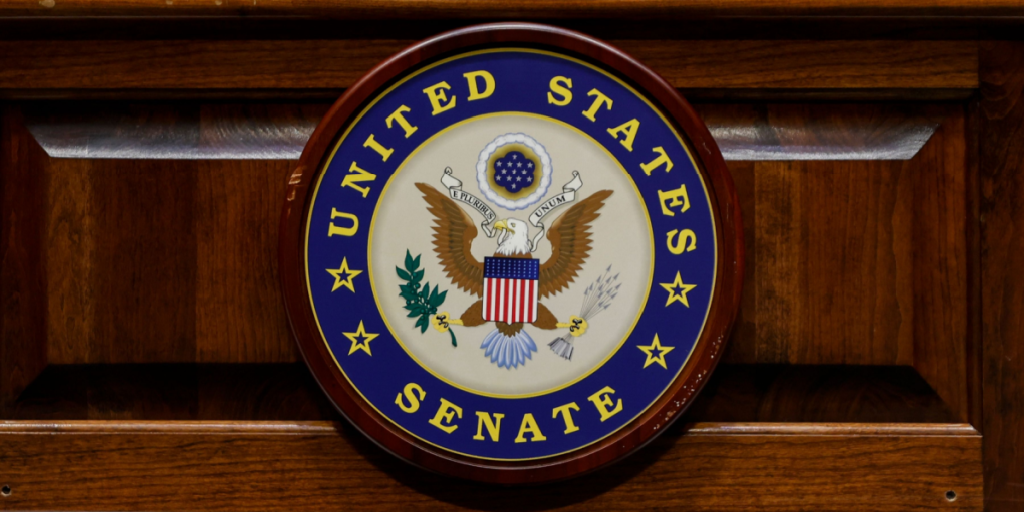
The bill would keep the federal government funded through January 30 and extend funding for some key agencies, like those running SNAP benefits, through the end of fiscal year 2026. It’s a temporary fix but a critical step to restoring normal operations after 37 days of shutdown.
It’s now up to the House
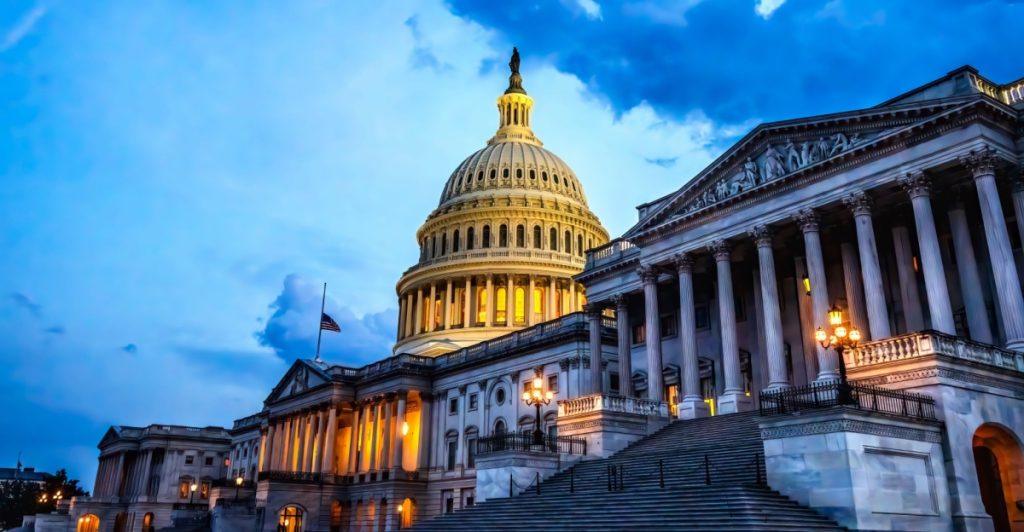
Speaker Mike Johnson faces the challenge of uniting his razor-thin GOP majority behind the Senate-passed bill.
On Monday, he urged all lawmakers to return to Washington immediately, saying, “We have to do this as quickly as possible.” The pressure is on to bring the legislation to the floor quickly.
Also read
House vote planned for Wednesday

The House is expected to begin voting on the bill Wednesday afternoon, with the first procedural vote scheduled for as early as 4 p.m. According to Majority Whip Tom Emmer’s notice, the day could include multiple rounds of voting to pass the legislation through the necessary steps.
House Rules Committee moves the bill forward
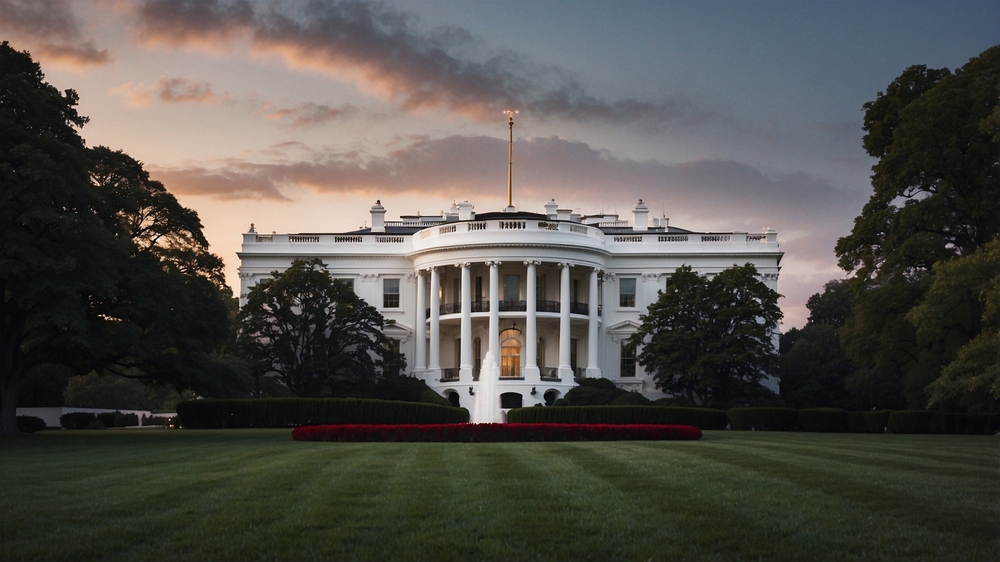
Early Wednesday morning, the House Rules Committee cleared the Senate-passed bill in a party-line vote.
While several amendments were proposed, including one to extend ACA subsidies, none were adopted. This sets up a final floor vote for later in the day.
The House has been inactive since September

This will be the first time the House holds a legislative vote since September 19. With such a long gap, tensions are high, and expectations are mounting as lawmakers rush back to tackle the shutdown crisis.
Moderate Republicans in the spotlight

Fourteen moderate House Republicans had hoped to see ACA subsidies extended and introduced their own bill to that effect.
Also read
But with the Senate package excluding that provision, it’s unclear whether they’ll back the current version or demand further changes.
Democrats divided over the bill

House Minority Leader Hakeem Jeffries is urging Democrats to oppose the bill. He argues it fails to address the rising cost of health care and leaves millions at risk of higher insurance premiums.
Jeffries has made clear that the party will “strongly oppose” any deal lacking firm ACA subsidy extensions.
Key Democratic voices to watch

While Democratic leadership is whipping against the bill, figures like Rep. Jared Golden who’s not running for reelection and often crosses party lines could break ranks.
How many Democrats defect will influence whether Republicans can pass the bill without bipartisan help.
Also read
Trump signals support for the deal
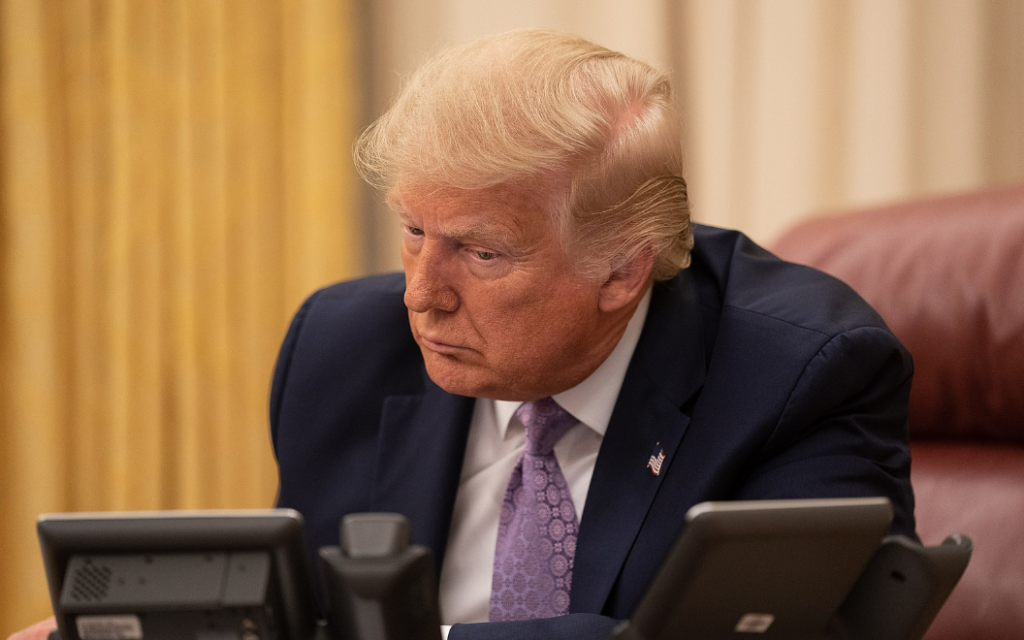
President Trump has endorsed the Senate package, calling it a “positive development.” In an interview with CNN’s Kaitlan Collins, he said he expects the bill to move forward and reopen the government “very quickly.”
The White House’s backing is likely to help Speaker Johnson secure support.
The final step: Trump’s signature

Even if the House passes the bill, the government won’t officially reopen until Trump signs it into law.
Given his public support and the White House’s encouraging signals, the final approval appears likely though not guaranteed until the pen hits paper.
What’s inside the broader funding package

The bill covers more than just short-term government funding. It includes three full-year appropriations bills for military construction, veterans affairs, the legislative branch, and the Department of Agriculture.
Also read
It also provides $203.5 million for congressional security and $852 million for Capitol Police.
The political trade-offs behind the deal
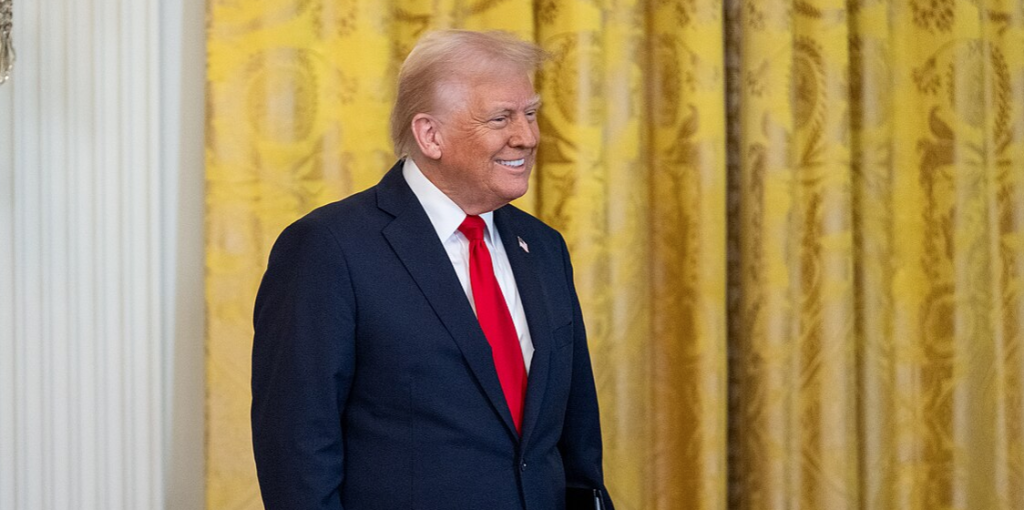
Sources say Senate Democrats reluctantly agreed to drop their push for ACA subsidy extensions under pressure from Trump’s opposition.
The deal does include provisions to pay back federal employees and reverse any firings that occurred during the shutdown. But long-term health care funding remains unresolved—likely setting up more battles in the months ahead.


